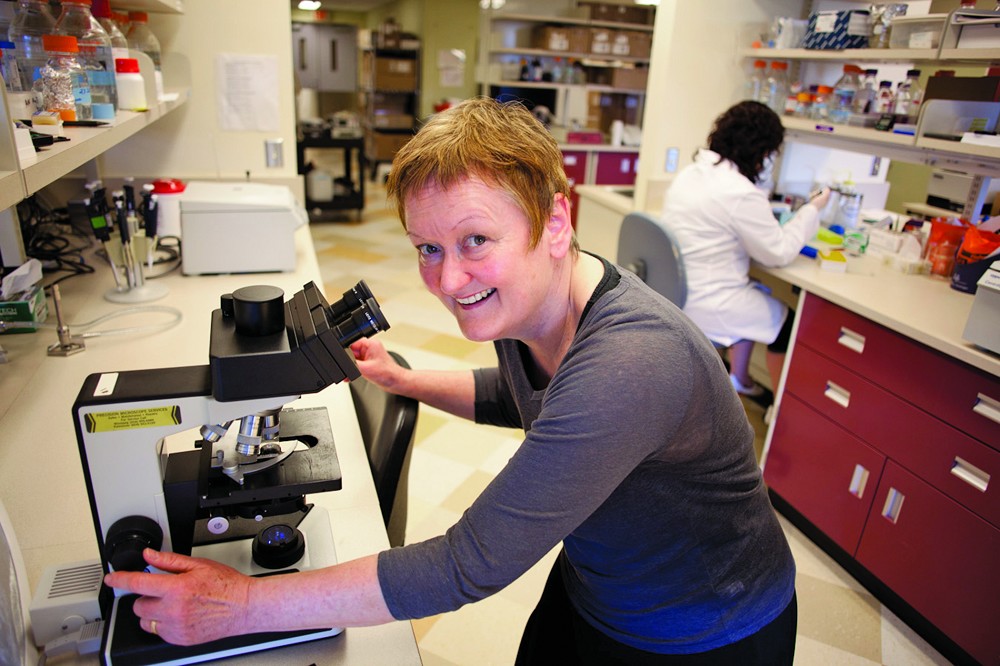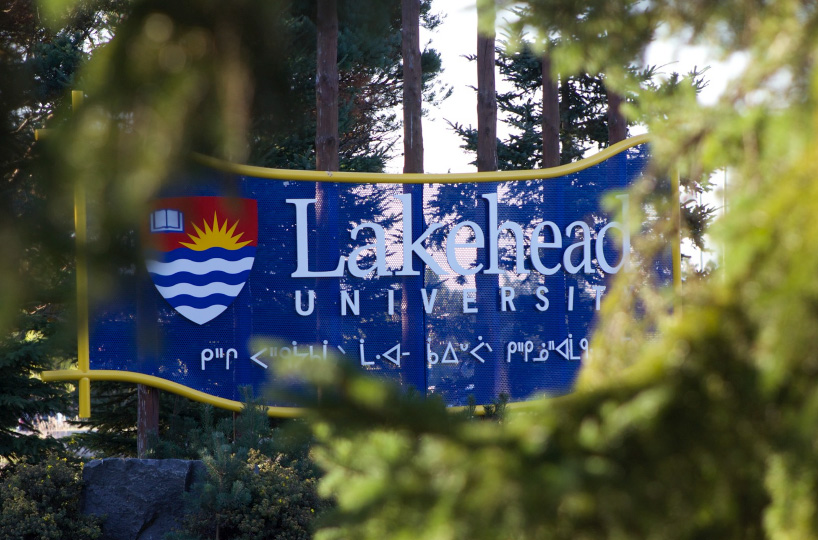Call for Applications for Lakehead University Research Chairs (LURC) -Deadline Extended to January 8, 2021
These Chairs recognize high quality research, scholarly and creative achievement, by providing a two‐year research grant to support an individual’s program of research. The LURCs program is a key initiative in retaining outstanding research talent at our institution, a goal consistent with Lakehead’s Research Plan.
Lakehead University is seeking applications for two (2) new 2021-2023 Lakehead University Research Chairs, one (1) in the disciplines supported by SSHRC/CIHR and one (1) in the disciplines supported by NSERC/CIHR.
Eligibility: All faculty who are full‐time tenure‐track or tenured members of LUFA and have been employed by Lakehead University for at least five years are eligible. Current or past research chair holders such as CRCs, LU/TBRHRI Research Chairs, LURCs, Ontario Research Chairs, SHARCNET Chairs, etc., are not eligible to receive this award.
Value of Award: Up to $45,000 as a research grant (up to $22,500/year) tenable over two years beginning February 1, 2021. The Chair’s research grant may be used to support the following eligible expenditures: teaching release (Chairs are required to teach a minimum of 1.0 FCE per year), stipends for students, post‐doctoral fellows and research associates, research and conference travel, equipment and grant‐writing support. Chairs must receive the necessary approvals for teaching release using Lakehead University’s Release Time Request Form. Salary payments to Research Chairs in lieu of teaching release are not an eligible expense.
Application Process: Applications must be submitted via the Romeo Research Portal no later than 4:30 pm Friday, January 8, 2021. The following information will be required as part of the application:
- Lakehead University Research Chair application form (available in the Romeo Research Portal);
- Release Time Stipend Request Form (if requesting release time from teaching);
- Canadian Common CV (do not use generic CCV, use appropriate Tri‐Council CCV);
- Three external letters of reference addressing the selection criteria. One of the three letters must be from an individual who is at arm’s length from the applicant and does not have a conflict of interest; and
- Supporting letter from the Faculty Dean.
- The 3 letters of reference and the Dean's letter of support should be addressed to Dr. Andrew P. Dean, Vice-President, Research and Innovation, Lakehead University and be emailed directly to vpresearch@lakeheadu.ca.
Selection Process and Criteria: The Vice‐President (Research and Innovation) shall appoint a Lakehead University Research Chair Selection Committee. The Selection Committee will review all submitted nominations and make its recommendations to the Vice‐President (Research and Innovation). The Lakehead University Research Chairs Selection Committee will review all eligible Lakehead University Research Chair nominations/applications utilizing the following evaluation criteria:
- be outstanding and innovative researchers whose accomplishments have made a major impact in their fields;
- be recognized nationally and internationally as leaders in their fields;
- have a track‐record of attracting external research funding;
- have an excellent record of mentoring undergraduate students, supervising graduate students and postdoctoral fellows (taking into account circumstances in the Department or practices in the relevant field or discipline) and as Chairs have the potential to attract excellent trainees and future researchers;
- have a record of participating in collaborative interdisciplinary research and contributing to research capacity building (e.g., development of new graduate programs); and
- have proposed an original, innovative research program of high quality that fits the priority research areas outlined in Lakehead University’s Research Plan.
Successful Lakehead University Research Chairs will be expected to give at least one public presentation as part of Lakehead’s annual Research and Innovation Week. Each Chair will also be required to submit to the Vice‐President (Research and Innovation) and their Faculty Dean a report highlighting their activities and accomplishments during their term as a Lakehead University Research Chair at the end of their award period.
For additional information regarding the application process, please contact Anne Klymenko, Director, Research Services at director.research@lakeheadu.ca.









